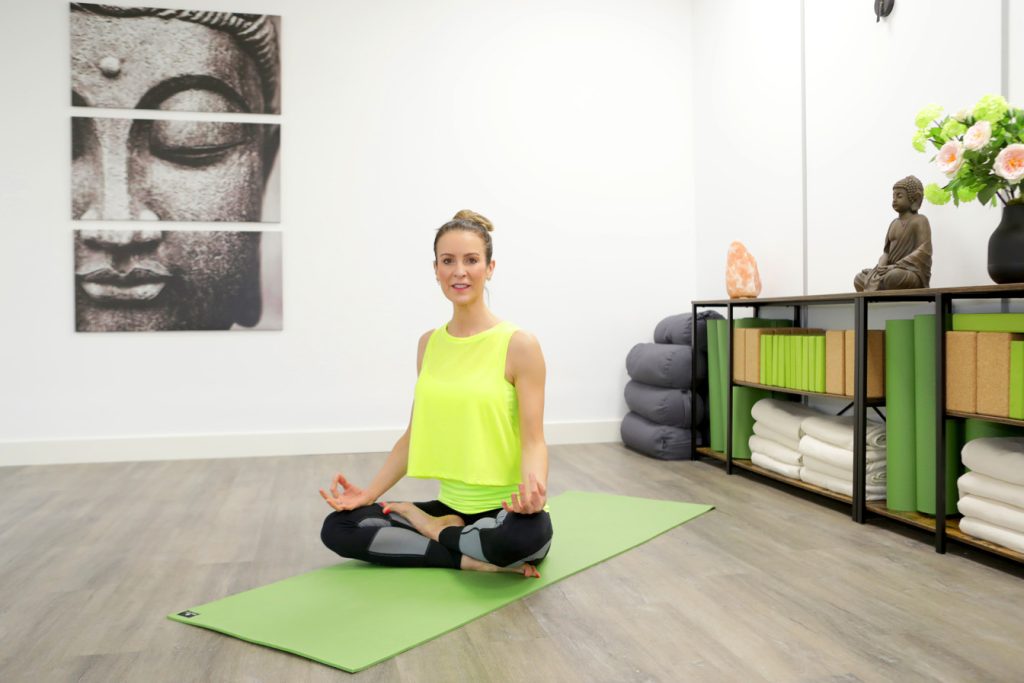
Integrative well-being coaching is a holistic approach that combines various wellness modalities, including physical, emotional, and spiritual health, to promote overall well-being. This approach recognizes that well-being is not just about physical health, but also about emotional, mental, and spiritual health. Integrative well-being coaching supports individuals in achieving a balance in these areas to achieve optimal health and wellness.
Here are Some of The Benefits of Integrative Well-Being Coaching
Improved Physical Health
Integrative well-being coaching focuses on promoting physical health by encouraging individuals to engage in regular exercise, maintain a healthy diet, and adopt healthy lifestyle habits. This can lead to reduced risk of chronic diseases such as heart disease, diabetes, and obesity, and increased energy and vitality.
Enhanced Emotional Well-being
Integrative well-being coaching addresses emotional well-being by helping individuals manage stress, develop coping strategies, and build resilience. This can lead to reduced levels of anxiety and depression, and improved emotional regulation and self-awareness.
Increased Mental Clarity
Integrative well-being coaching promotes mental clarity by encouraging individuals to practice mindfulness and meditation, engage in regular physical activity, and cultivate positive relationships. This can lead to improved cognitive function, enhanced creativity, and better decision-making abilities.
Improved Spiritual Health
Integrative well-being coaching recognizes the importance of spiritual health in overall well-being. By encouraging individuals to connect with their spirituality and purpose, this approach can lead to increased feelings of inner peace, purpose, and meaning.
Enhanced Overall Quality of Life
Integrative well-being coaching supports individuals in achieving balance across various aspects of their lives, leading to improved overall quality of life. This approach can help individuals achieve greater satisfaction in their relationships, careers, and personal lives, leading to a more fulfilling and joyful life.
The Role of Integrative Well-Being Coaches
Integrative well-being coaches play an important role in supporting individuals in achieving their wellness goals. These coaches are trained to work with clients to develop personalized wellness plans that address various aspects of their lives, including physical, emotional, and spiritual health.
Integrative well-being coaches use a range of tools and techniques to support their clients, including mindfulness practices, stress-management strategies, positive psychology interventions, and goal-setting techniques. These coaches work with clients to identify their unique strengths and values, and to develop strategies for achieving their goals in a sustainable way.
The Bottom Line
Integrative well-being coaching offers a holistic approach to wellness that recognizes the importance of addressing various aspects of health to achieve optimal well-being. By focusing on physical, emotional, and spiritual health, integrative well-being coaching can support individuals in achieving greater balance and harmony in their lives. Integrative well-being coaches play an important role in supporting individuals in achieving their wellness goals and developing sustainable wellness practices that support long-term health and well-being.
If you are looking for a reliable well being coach around Stockport, Manchester visit Mi Vida Inner Health Clinic. To make a consultation appointment or to learn more about the clinic’s services, call 07712 620909 or email info@mividainnerhealt-ry0jysbts.live-website.com.
Frequently Asked Questions
Here are some of the most commonly asked questions about well-being coaches:
Q: What is a well-being coach?
A: A well-being coach is a trained professional who helps individuals achieve their wellness goals and improve their overall well-being. Well-being coaches typically work with clients to develop personalized wellness plans, providing guidance, support, and accountability throughout the process.
Q: What can I expect during a session with a well-being coach?
A: During a session with a well-being coach, you can expect to discuss your wellness goals and challenges, identify areas where you would like to make changes, and develop a plan to achieve your goals. The coach may use a range of tools and techniques, such as mindfulness practices, goal-setting exercises, and positive psychology interventions, to support your progress.
Q: How can a well-being coach help me achieve my wellness goals?
A: A well-being coach can help you achieve your wellness goals by providing personalized guidance, support, and accountability throughout the process. The coach can help you identify areas where you may need to make changes, develop a plan for achieving your goals, and provide ongoing support as you work towards your objectives.
Q: What types of wellness goals can a well-being coach help me with?
A: A well-being coach can help you with a wide range of wellness goals, including improving physical health, reducing stress and anxiety, enhancing emotional regulation, developing resilience, improving relationships, and finding greater purpose and meaning in your life.
Q: Do I need to have specific goals in mind to work with a well-being coach?
A: No, you do not need to have specific goals in mind to work with a well-being coach. The coach can work with you to identify areas where you would like to make changes and help you develop goals that align with your values and priorities. The coach can also provide guidance and support as you explore different areas of wellness and determine which goals are most important to you.





